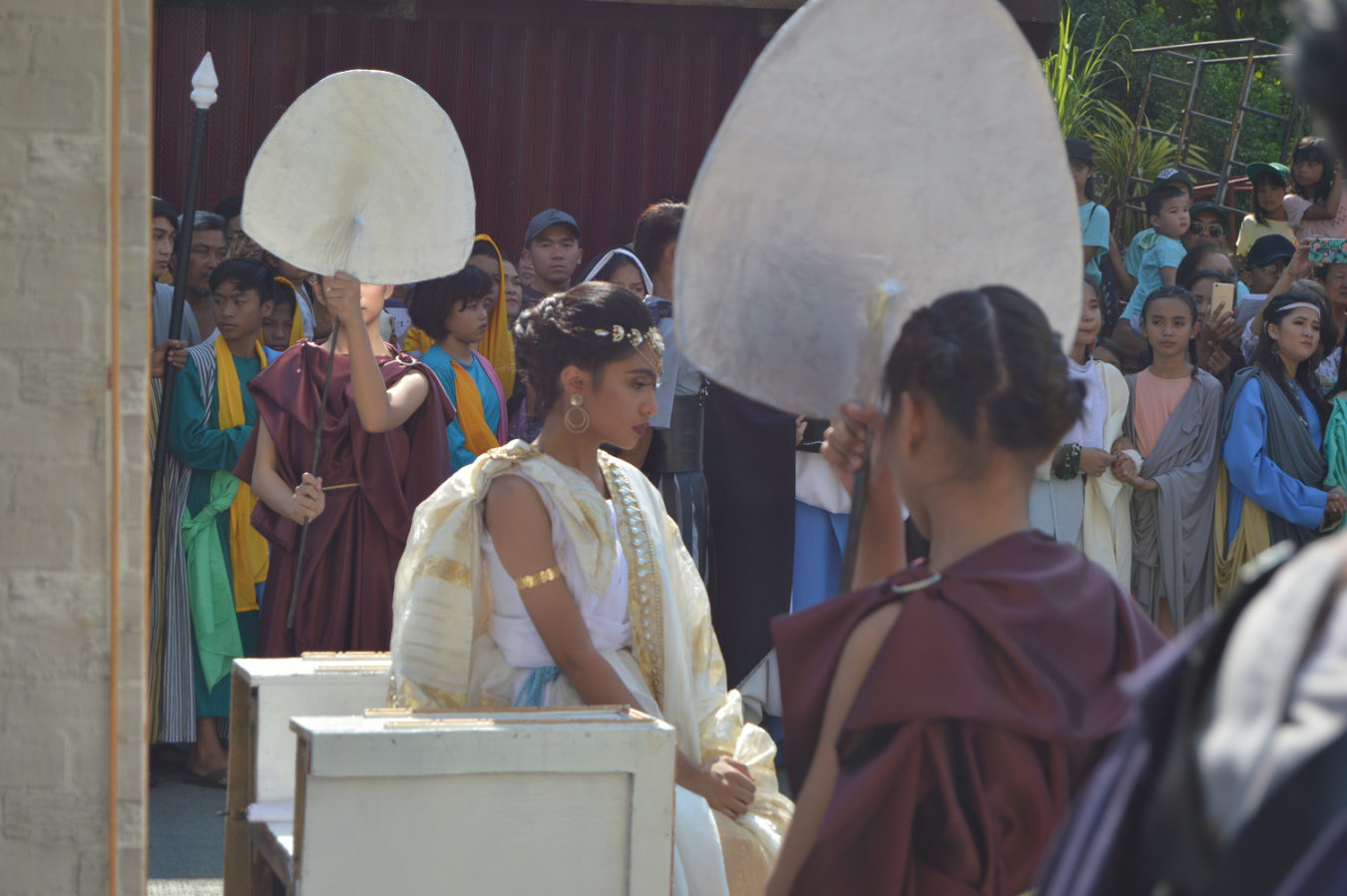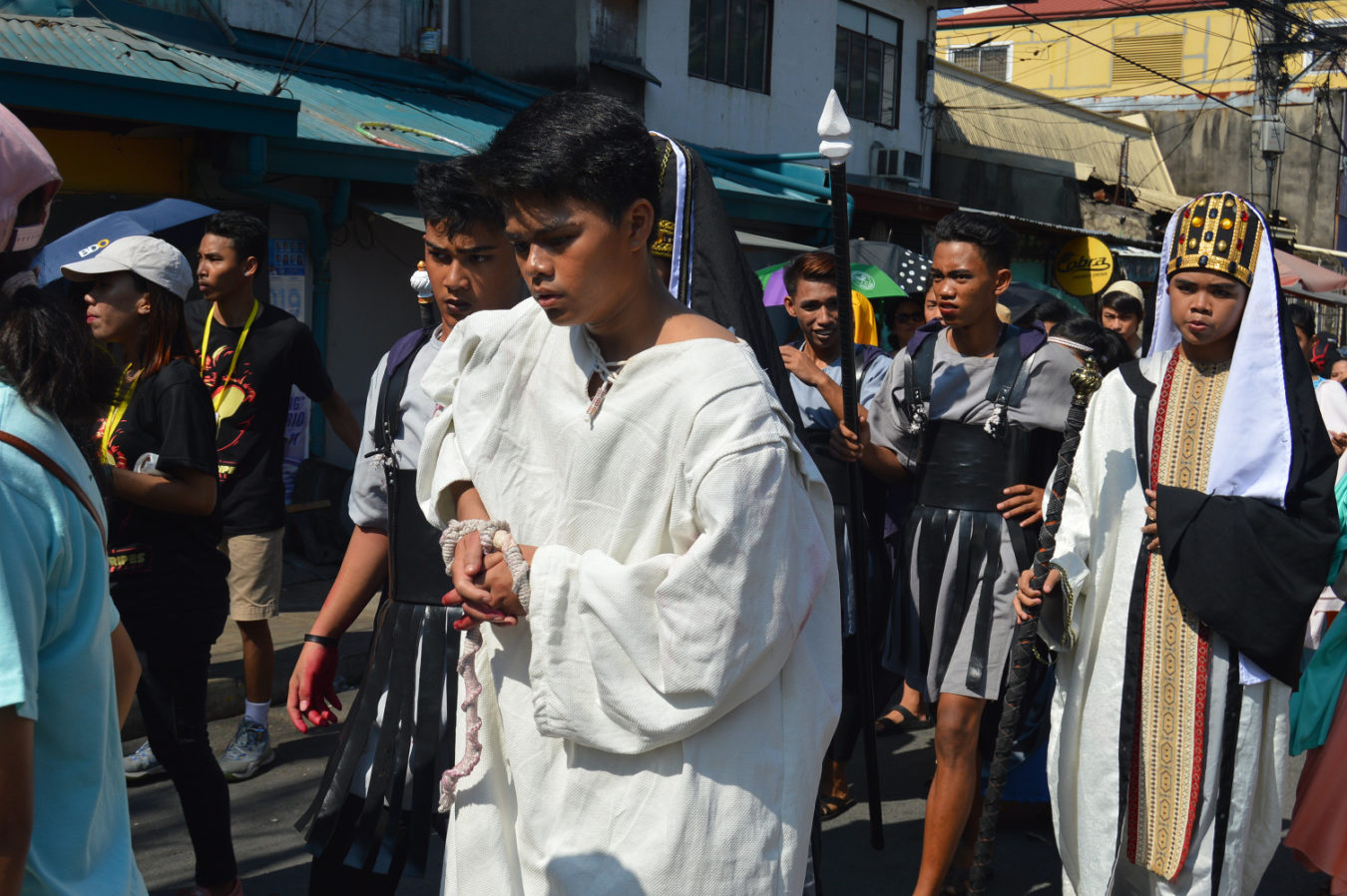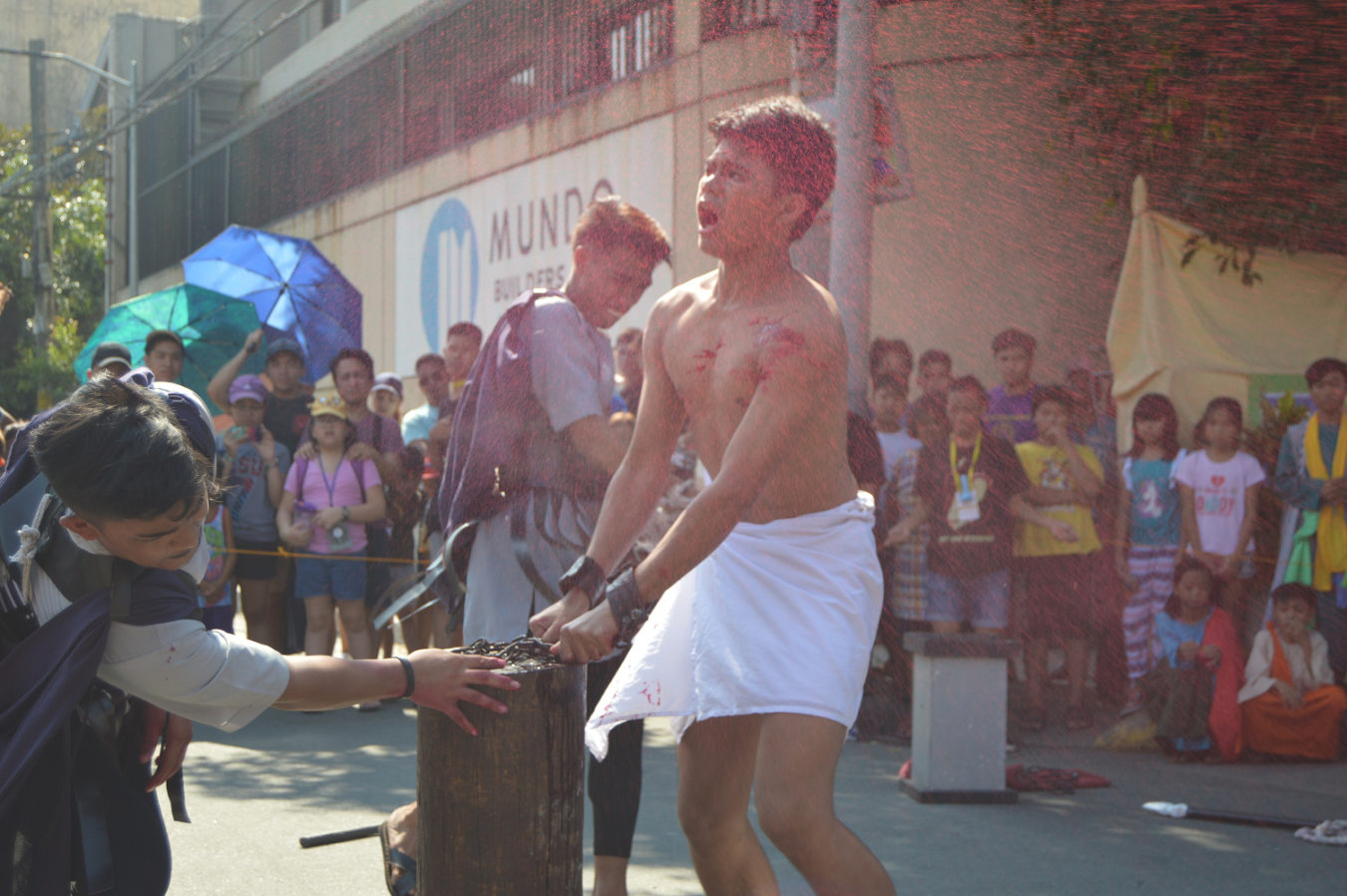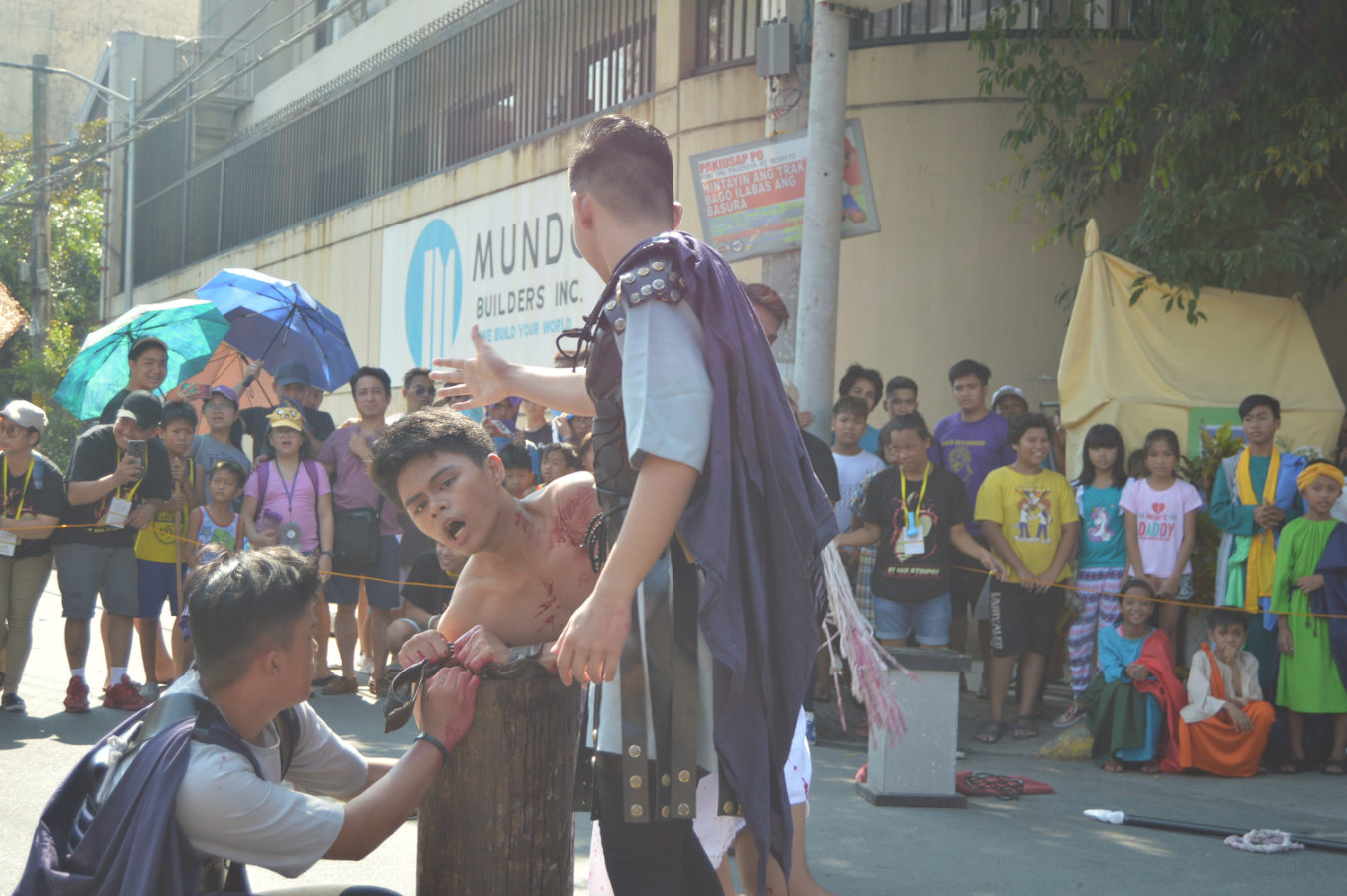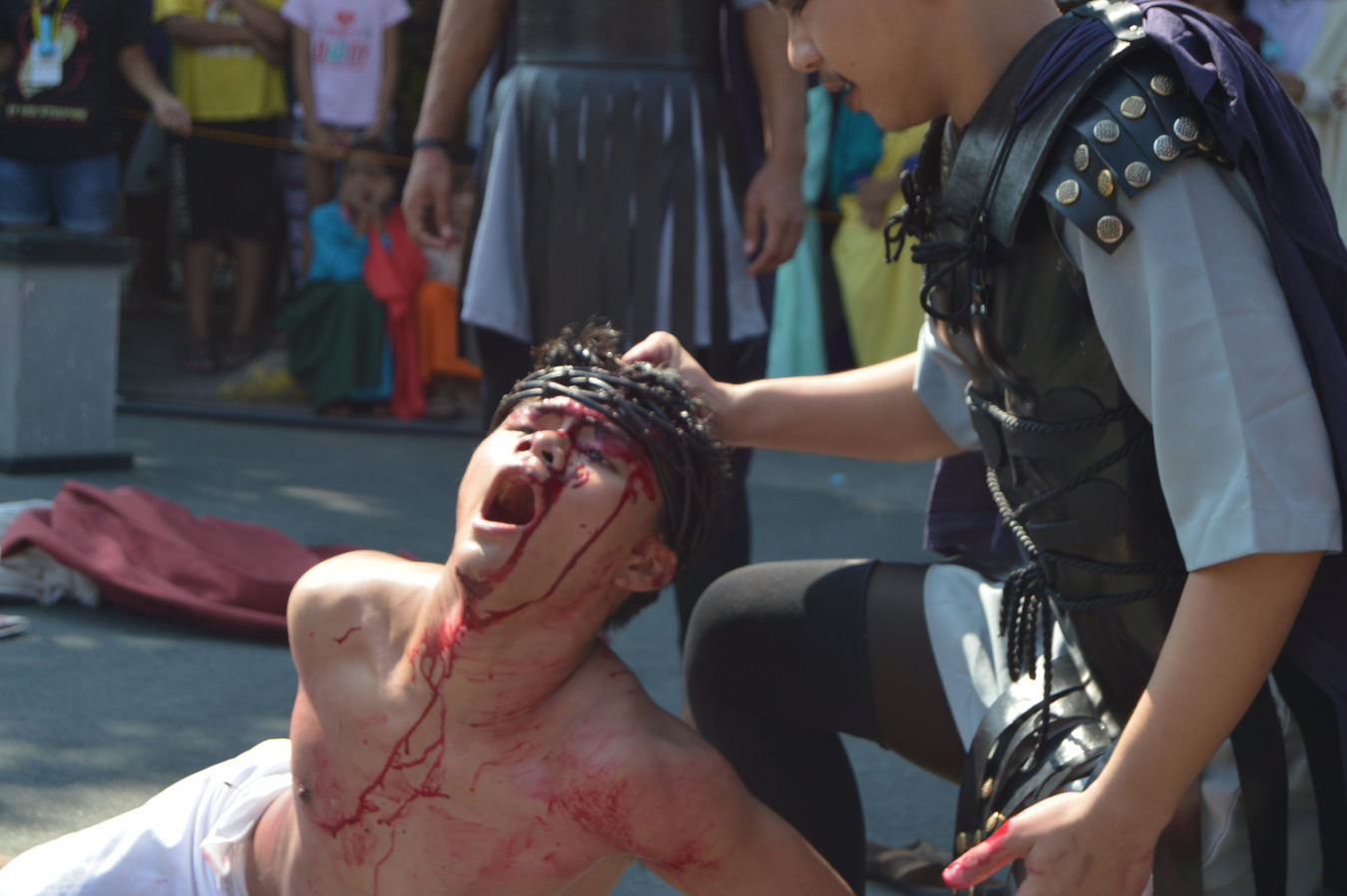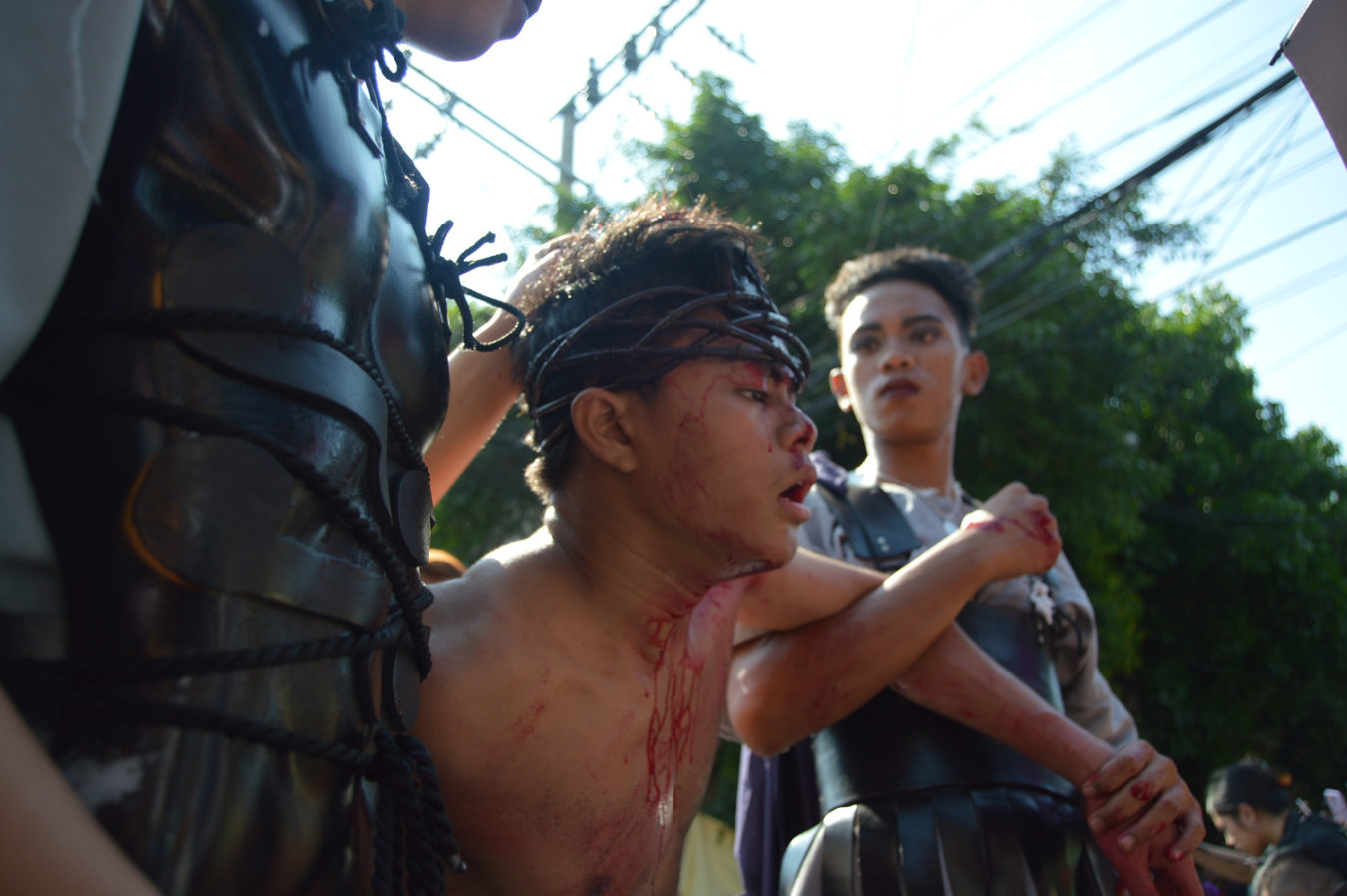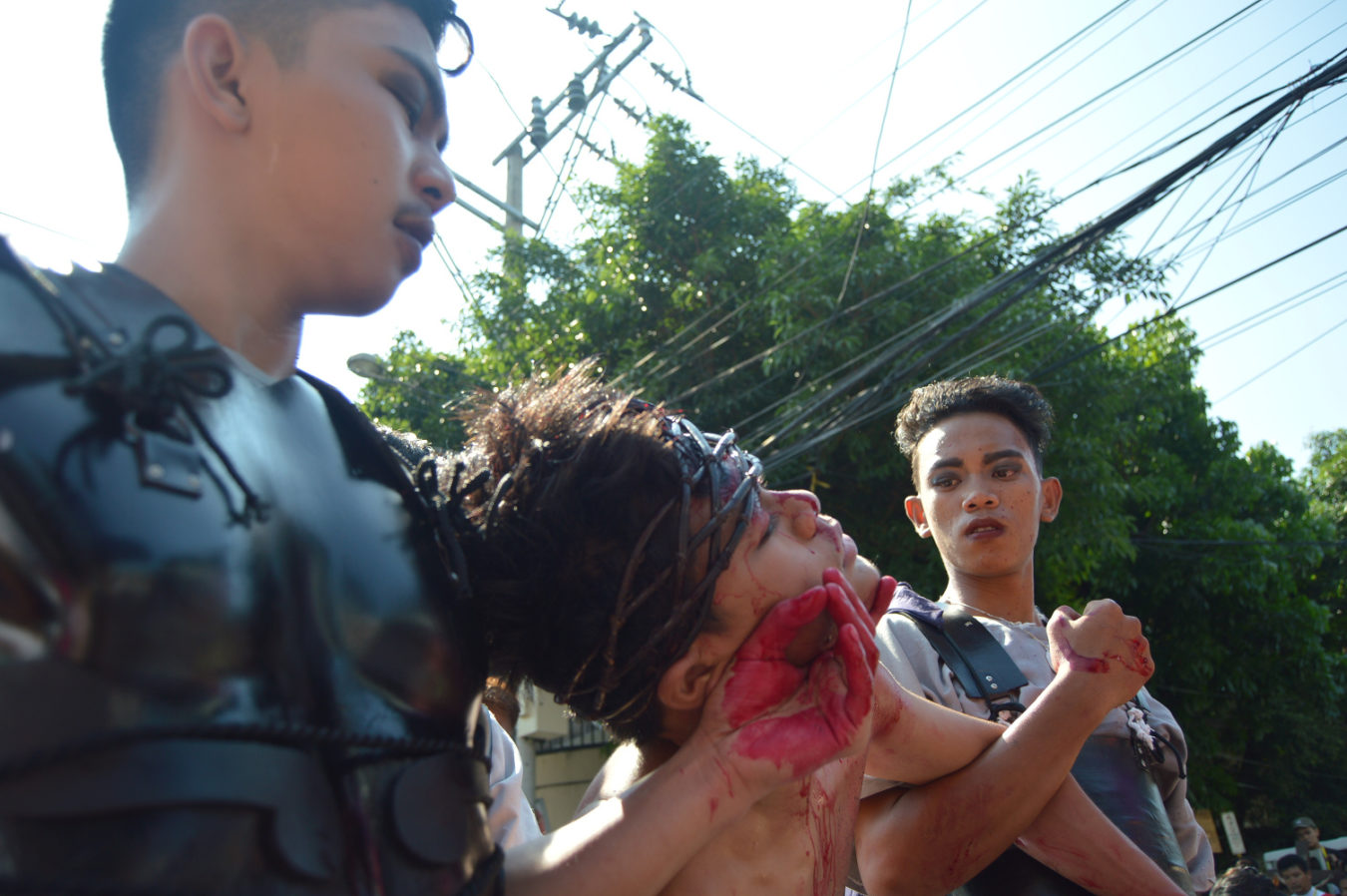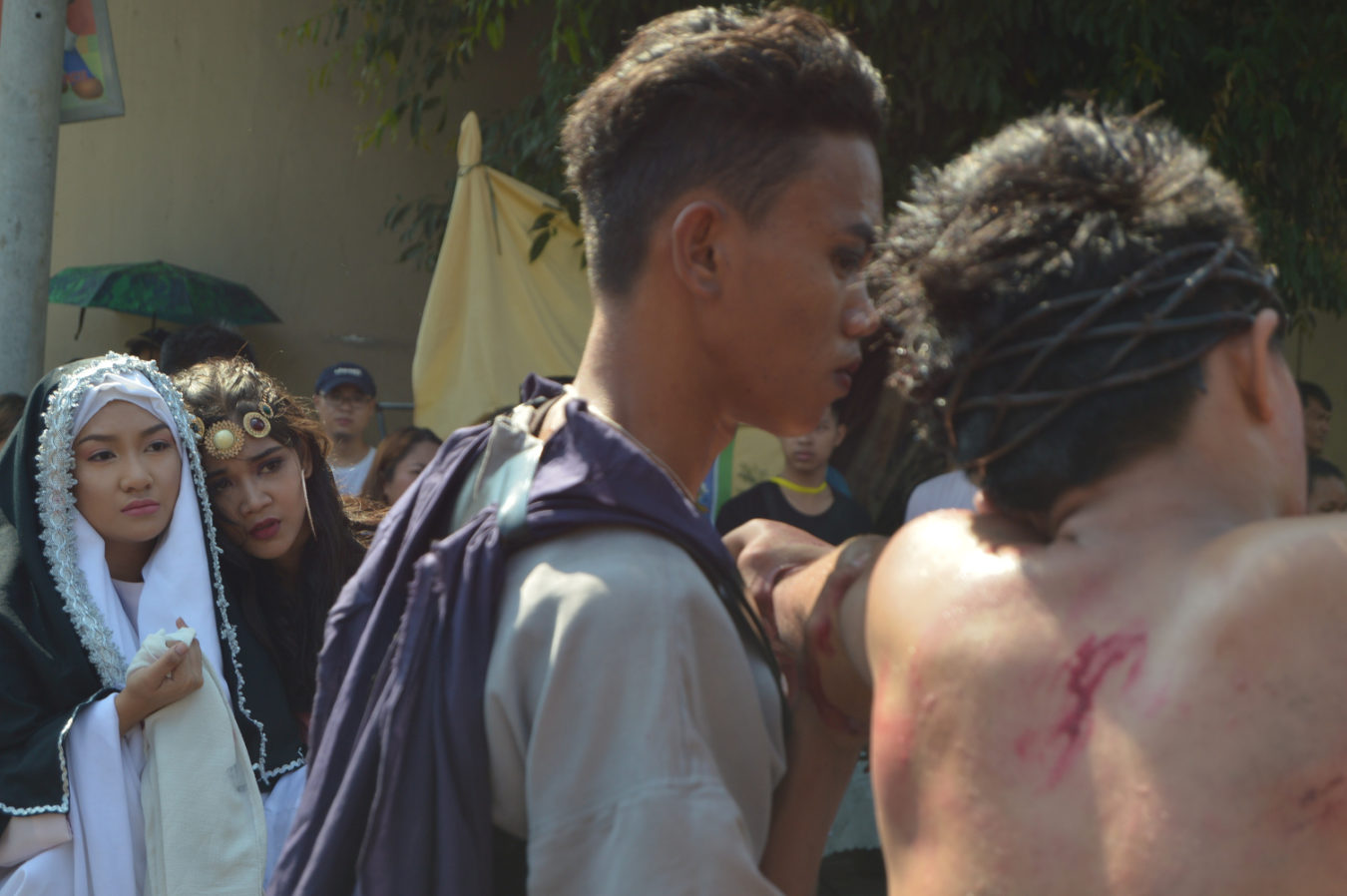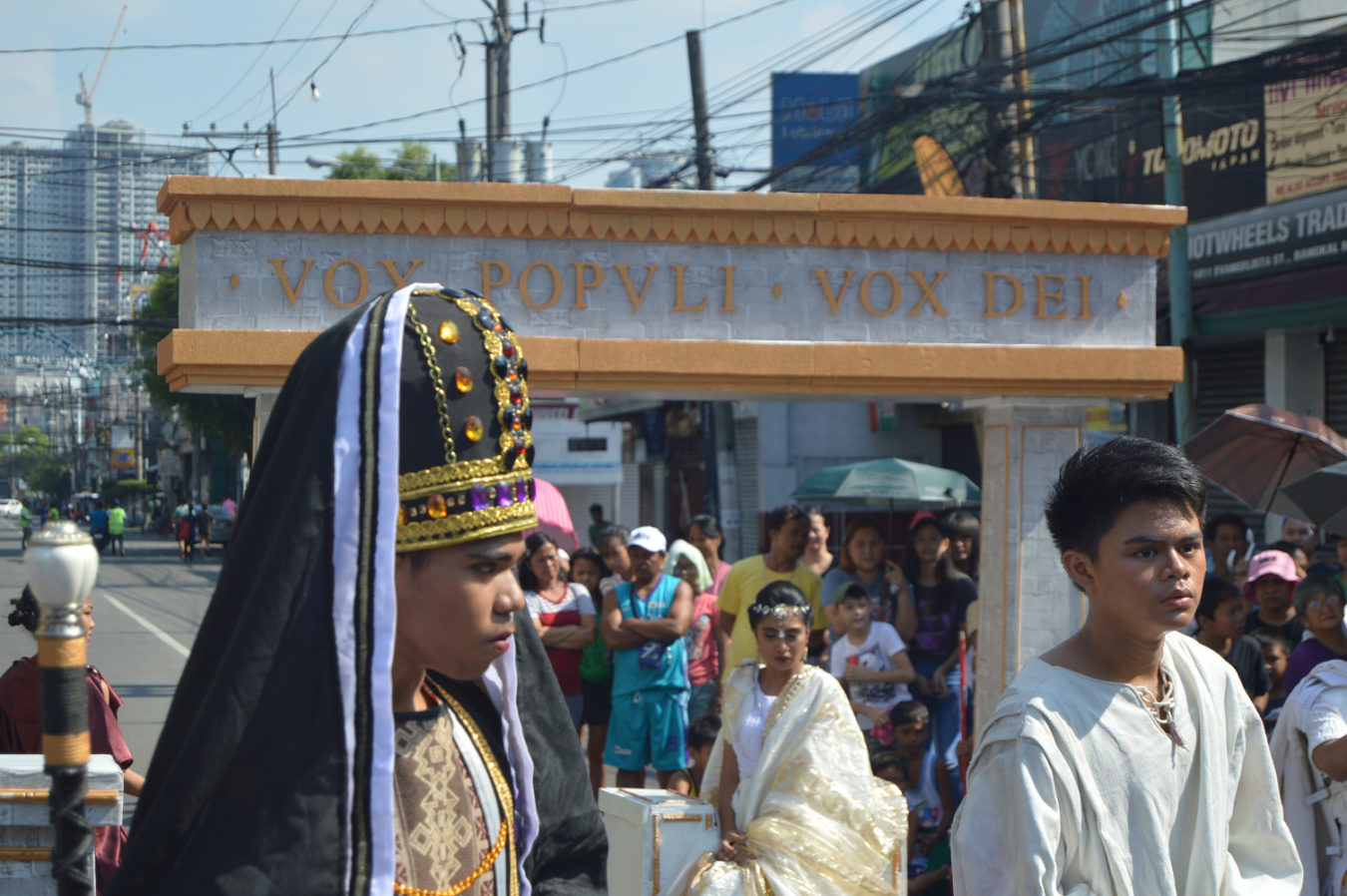
The first and second of seven Feasts of 𐤉𐤄𐤅𐤄 (YAHUAH) is Pesach or Passover and Matstsah or Unleavened Bread. The Feast of Pesach / Passover is tonight at sundown while the Feast of Matstsah / Unleavened Bread begins on the fifteenth day (sunrise is the beginning of a day) and ends on the twenty-first day at sundown (sunset ends a day).
14 And this day shall be unto you for a memorial; and ye shall keep it a feast to 𐤉𐤄𐤅𐤄 (YAHUAH) throughout your generations; ye shall keep it a feast by an ordinance forever.
15 Seven days shall ye eat Matstsah (Unleavened Bread); even the first day ye shall put away leaven out of your houses: for whosoever eats chamets (leavened bread) from the first day until the seventh day, that soul shall be cut off from Yisra’El.
18 In the first month, on the fourteenth day of the month at evening, ye shall eat Matstsah (Unleavened Bread), until the one and twentieth day of the month at evening.
19 Seven days shall there be no chamets (leavened bread) found in your houses: for whosoever eats that which is with chamets (leavened bread), even that soul shall be cut off from the assembly of Yisra’El, whether he be a stranger, or born in the land.
20 Ye shall eat nothing with chamets (leavened bread); in all your habitations shall ye eat Matstsah (Unleavened Bread).
Shemot (Exodus) 12:14-15; 18-20, Cepher
5 In the fourteenth day of the first month at evening is 𐤉𐤄𐤅𐤄 (YAHUAH)’s Pesach.
6 And on the fifteenth day of the same month is the Feast of Matstsah (Unleavened Bread) unto 𐤉𐤄𐤅𐤄 (YAHUAH): seven days ye must eat Matstsah (Unleavened Bread).
Vayiqra (Leviticus) 23:5-6, Cepher
The Feast of Pesach / Passover is a foreshadow of our 𐤉𐤄𐤅𐤔𐤅𐤏 (Yahushua) Messiah’s offer of salvation. Just as the blood of a lamb on the door of the Israelites signals that the house should be passed over by death, by accepting 𐤉𐤄𐤅𐤔𐤅𐤏 (Yahushua) Messiah as our Saviour the precious blood he shed washes away cover our sins and stops the second death from having power over us.
While the Feast of Matstsah or Unleavened Bread is a type of our new journey in life. Just as the Israelites only have to eat matstsah or unleavened bread when they fled Mitsriym (Egypt) and into the wilderness, likewise we were saved by 𐤉𐤄𐤅𐤄 (YAHUAH) through his one and only Son 𐤉𐤄𐤅𐤔𐤅𐤏 (Yahushua) from the power of Mitsriym (Egypt) which symbolises sin and our fallen nature. Our journey to the wilderness begins where we will be taught by 𐤉𐤄𐤅𐤔𐤅𐤏 (Yahushua) and continually test our faith to make us resilient and stronger, just as the Israelites were taught by 𐤉𐤄𐤅𐤄 (YAHUAH) in the wilderness, and their faith tested multiple times.
Together, both the Feast of Pesach / Passover and the Feast of Matstsah or Unleavened Bread points to our 𐤉𐤄𐤅𐤔𐤅𐤏 (Yahushua) Messiah’s famous “Last Supper” or “Communion”.
19 And he took 𐤀𐤕 (eth)-the bread, and gave thanks, and broke it, and gave unto them, saying, This is my body which is given for you: this do in remembrance of me.
20 Likewise also the cup after supper, saying, This cup is the Renewed Covenant in my blood, which is shed for you.
Lukas (Luke) 22:19-20, Cepher
Tonight and for the next seven days, let us remember what our Abba (Father) 𐤉𐤄𐤅𐤄 (YAHUAH) did to the Israelites, who some of us are our ancestors by blood, and later when our Abba (Father) 𐤉𐤄𐤅𐤄 (YAHUAH) gave his one and only begotten Son 𐤉𐤄𐤅𐤔𐤅𐤏 (Yahushua) to become our Messiah (Saviour) should we accept him and confess He was sent here by the Most High to save you and me.
Happy Pesach and Matstsah my brothers and sisters in 𐤉𐤄 (YAH).
San Ildefonso Catholic Reenactment
San Ildefonso Catholic Reenactment
San Ildefonso Catholic Reenactment by I’M YourOnly.One is licensed under CC-BY-SA 4.0 International.
San Ildefonso Catholic Reenactment
San Ildefonso Catholic Reenactment by I’M YourOnly.One is licensed under CC-BY-SA 4.0 International.
San Ildefonso Catholic Reenactment
San Ildefonso Catholic Reenactment by I’M YourOnly.One is licensed under CC-BY-SA 4.0 International.
San Ildefonso Catholic Reenactment
San Ildefonso Catholic Reenactment by I’M YourOnly.One is licensed under CC-BY-SA 4.0 International.
San Ildefonso Catholic Reenactment
San Ildefonso Catholic Reenactment by I’M YourOnly.One is licensed under CC-BY-SA 4.0 International.
San Ildefonso Catholic Reenactment
San Ildefonso Catholic Reenactment by I’M YourOnly.One is licensed under CC-BY-SA 4.0 International.
San Ildefonso Catholic Reenactment
San Ildefonso Catholic Reenactment by I’M YourOnly.One is licensed under CC-BY-SA 4.0 International.
San Ildefonso Catholic Reenactment
San Ildefonso Catholic Reenactment by I’M YourOnly.One is licensed under CC-BY-SA 4.0 International.


